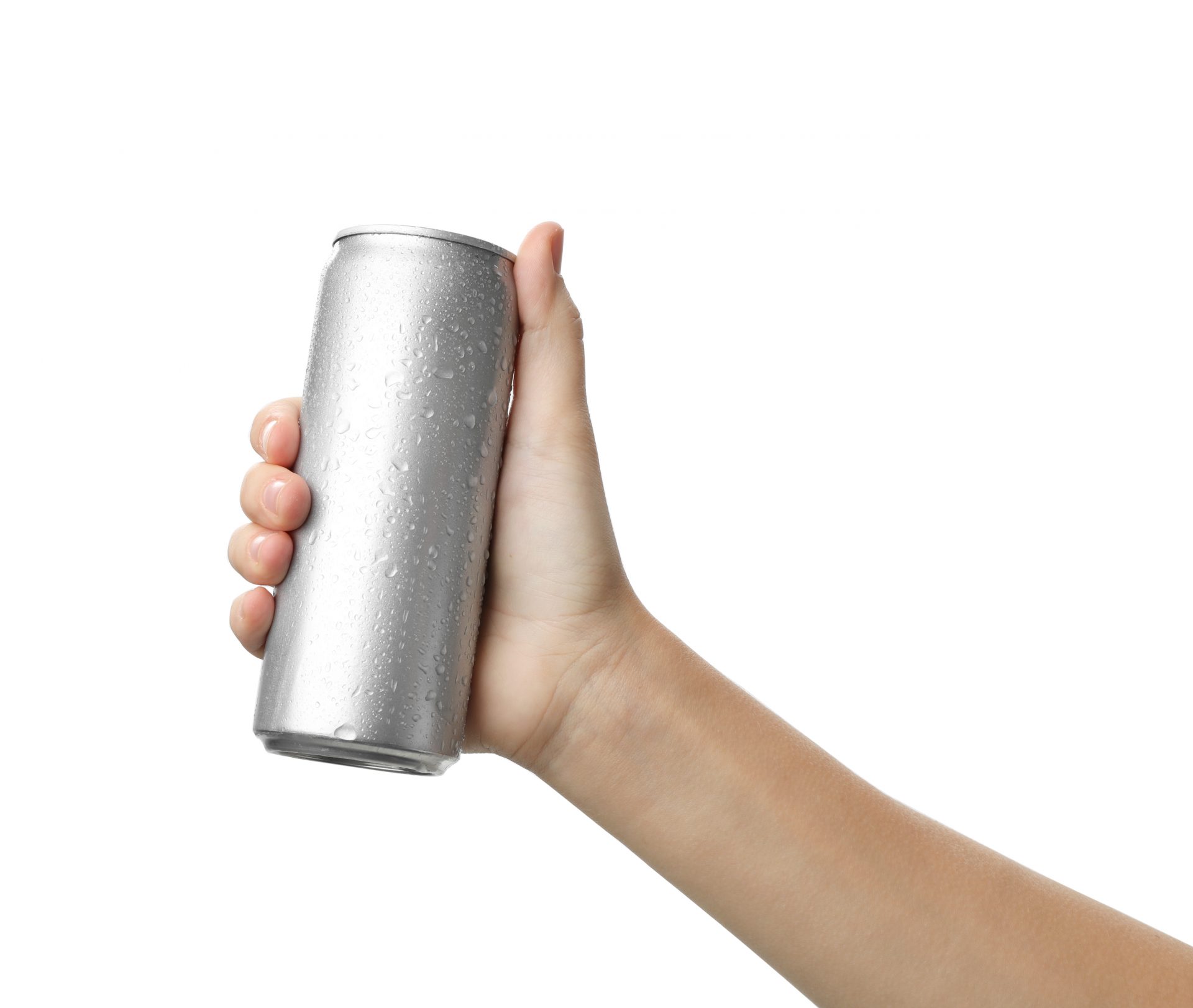According to most aluminium market analysts, the global aluminium can market is expected to grow at a rate of nearly 3% during 2019-2024.
Aluminum cans represent one of the most popular forms of packaging which are employed for storing both solid and liquid materials. These cans are strong, lightweight, recyclable, easy to handle, profitable to produce and preserve the quality and flavor of the contents. As aluminum cans offer high resistance against corrosion and require less care during transportation vs other types of packaging, they are utilized in industries including food, beverage and pharmaceuticals.
At the moment, the demand for aluminum cans for the packaging of food products, alcohol drinks including beer and wine, fruit juices, and energy drinks is rising in most regions of the world.
Moreover, due to growing environmental concerns, consumers are becoming more aware about limiting the usage of plastics which, in turn, is boosting the demand for aluminum cans. Some of the world’s most popular beverage brands have even announced they will address the plastic waste challenge by introducing new aluminium packaging for water, a positive signal for the environment, which we can only encourage.
During the COVID-19 pandemic, and stay-at-home measures, this trend has only gone more noticeable, sending encouraging signs to aluminium producers now facing a rather difficult price context – as of June 2020 the London Metal Exchange was at around 1500$/ton, a historically rather low figure which is putting the whole industry at risk.
At STAS, refining and cleaning liquid aluminium has been our focus for over 30 years, and we can proudly say that a great percentage of the aluminum used in cans produced world-wide has been ‘cleaned’ by our molten metal treatment technologies. In fact, before it is cast into ingots or blocks, and then rolled into long sheets and coiled, the molten metal must actually undergo a series of treatments and techniques to achieve the proper level of alkalis (Na, Ca, Li) and ‘’metal cleanliness’’ needed to cast can body stock, and give aluminium its above-listed properties. If not cleaned enough or properly treated, the molten metal could negatively affect the quality of the end product, and cause losses and even create safety risks.
The quality level, at the outlet of the holding furnace, where the metal is hold, depends on the upstream metal supply and melting practices (differs depending on the stream – remelt, recycle or smelter), and the holding furnace preparation practices – alloying, fluxing and settling.
Put simply (because this whole process is rather complex), so-called impurities such as alkalis, inclusions and hydrogen will need to be – at a certain level depending on the alloy – removed if we want to produce the proper ‘’aluminium recipe’ ’and ensure cans reach their customers safely without being damaged (you would not want to see aluminium rolls tear apart or cans explode because of air bubbles stuck in the cans, for instance) .
However, when cans are done with their first, second or third life, aluminium is recycled back into can body stock. Alloying additions and reductions (using prime aluminium or purer grades of recycled metal from other scrap sources) will adjust the composition required for can body stock.
This is were STAS intervenes, in hundreds of cast houses and recycling plants world-wide, humanly or via our metal treatment technologies, to ensure no rock is left unturned, for safety, quality and metallurgical reasons. May it be with in-furnace flux treatment, in-line degassing or deep bed filtration, we help perform crucial, mandatory steps in the (re-) making of aluminium cans.

Fore more information on our metal treatment expertise, and how we bring simple solutions to rather complex challenges, please see our cast house products section:
https://www.stas.com/en/products/metal-treatment-and-casthouse-technologies/
It is said that an aluminium beverage can that is recycled today can be back on store shelves in around 60 days. Moreover, cans made from recycled aluminium save as much as 95% of the energy needed to produce a new can. In some countries like Germany, Switzerland and Austria for instance, the recycling rate of cans is above 90%, a practice that is increasing the availability and quality of aluminium scrap and allow for achieving even greater levels of aluminium can/packaging recycling. These figures speak for themselves.: the more cans are returned, the more we sustain the environment, and the more we encourage the recycling industry in these challenging times.
Historically, much of the aluminium demand has been linked to industries like cars and construction. Nowadays, the interest from the canning industry could give the currently lower aluminum demand a boost, providing people and governments encourage recycling habits.
An aluminum can be recycled infinitively without losing quality and without losing anything in the process. Most plastics used in the food and beverage industry, on the other hand, lose their quality each time they are reworked. This is what makes this industry so fascinating and an important reason why we at STAS are so passionate about our work.
June 2020




